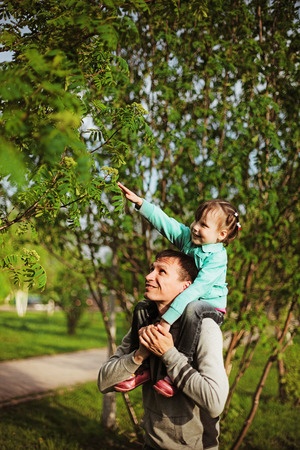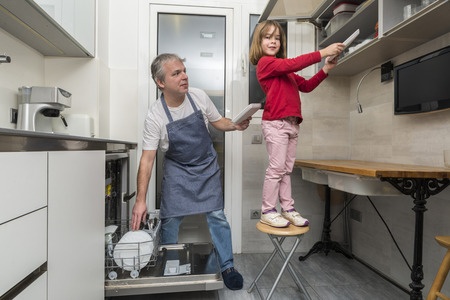Parenting Respectful Children

Every parent wants to bring up a respectful child. Where do children learn the characteristics of this quality? At home.
As social creatures, we learn how to "be" by watching and observing. Especially when it comes to how we treat other people.
Parents model behaviors for their children all the time: texting or emailing during dinner, yelling at a family member, refusing to yield in traffic. Children are constantly taking it all in whether we know it or not.
Does this mean you have to be on your best behavior at all times? Well, we're all human so that would be asking a lot of ourselves.
However, doing your best and communicating with your child on expectations and shortcomings will help him when it's time to navigate situations on his own.
Set Parenting Goals
When you are focused and purposeful, you have a great chance of achieving what you set out to do. This also applies to parenting.
If you want your child to be courteous, kind, mindful, and outgoing, it is important to have these qualities in mind during the time you spend with your child. You will be more inclined to model these characteristics yourself, and to teach them at every opportunity.
Setting goals as parents, and as a family, also creates bonds and encourages teamwork.
Encourage Friendships
A friendly child is a joy to spend time with. Teach your children how to approach and respond to others.
A warm "hello," a smile, the confidence to begin a conversation - these are wonderful model behaviors for your child to observe and duplicate.
Even if your child is shy, helping her know how to respond to children who approach her will give her confidence.
Talk to your child about the qualities of good friendship. You may include trust, generosity, dependability and the importance of keeping your word.
It is helpful to be open about your own friendships as an example to follow. (This could also be a good time to assess your friendships and make adjustments to either be a better friend, or find a better friend.)
Practice Kindness
Kindness begins at home.
Children quickly learn how to interact with others simply by interacting with family members. Do your best to make these interactions positive for your child from day one.
One of the best times to encourage kind behavior is during family meals. Saying "please" and "thank you," participating in conversations, and polite listening skills can each be practiced during meal time.
Talk to your child about behaving kindly when you cannot be with him. For instance, at school, or an after-school class or activity. Two-step directions are easily understood by younger children:
- "Say 'good morning' to the other kids and then be quiet during class."
- "Ask for the blue crayon and then say 'thank you' to the person who gives it to you."
Looking to the Future
Parenting is not always easy. And you may second guess yourself many times while raising your child.
Unfortunately, there is no handbook and no one way of doing it right.
But if you stay consistent with your parenting goals, do your best to model and encourage ideal behavior, and keep open communication with your child, you can hardly go wrong. And one day you'll realize you've given the world a respectful citizen capable of contributing great things.
This is the ultimate achievement for a parent!














